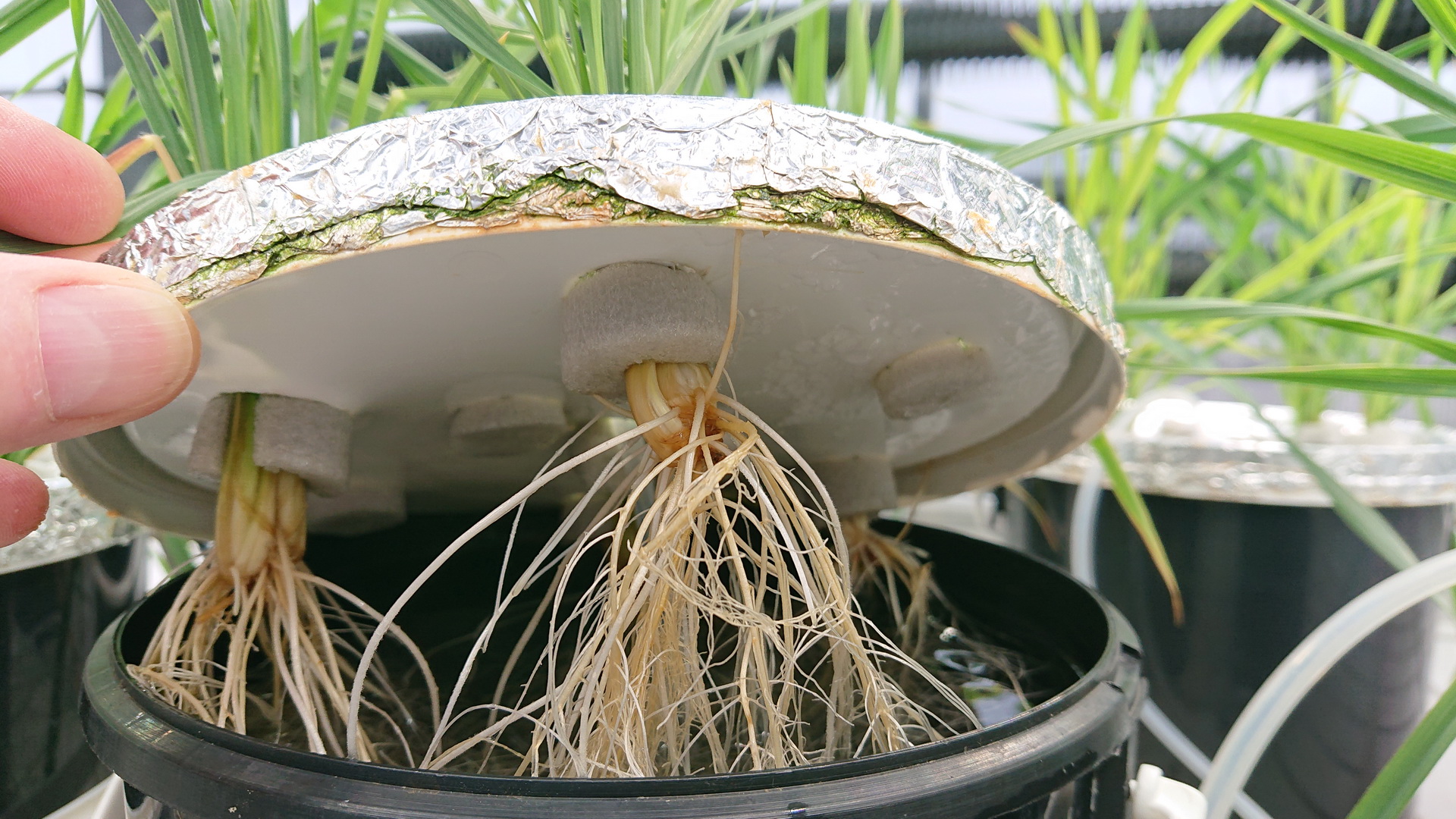We are now again using wheat as model plant
Elisa and I are supervising a student who is working with radial water loss from roots of wheat. The projects is testing the hypothesis that water is lost much faster from thin roots compared to thick roots due to the higher surface area to volume ratio in the thin roots. The work is progressing well now that we have finally two 5-digit balances connected to our computers so that we can monitor radial water loss with time with very high accuracy. Since the water loss is driven by gradient in water vapour, the data is highly reproducible; it almost looks like a computer simulation.
The experimental approach has not yet been published but soon a preview will be available in New Phytologist. Lucas’ first paper was accepted last night and his study contains the exact description of this simply but very nice procedure. Once the paper is online, there be an update on this blog as it really deserves the attention of our colleagues.
I am excited about the current work with wheat. The plants are behaving well and the results are accumulating fast! While the temperature was in the lower range for our rice work back in March and April, the conditions have been perfect for wheat – just look at the impressive roots on the photo below.

Roots of wheat (genotype 'Jackson' which is know to be particularly waterlogging tolerant) grown in a hydroponic culture. The roots are nice and crisp and ready for experiments!
The experimental approach has not yet been published but soon a preview will be available in New Phytologist. Lucas’ first paper was accepted last night and his study contains the exact description of this simply but very nice procedure. Once the paper is online, there be an update on this blog as it really deserves the attention of our colleagues.
I am excited about the current work with wheat. The plants are behaving well and the results are accumulating fast! While the temperature was in the lower range for our rice work back in March and April, the conditions have been perfect for wheat – just look at the impressive roots on the photo below.
Roots of wheat (genotype 'Jackson' which is know to be particularly waterlogging tolerant) grown in a hydroponic culture. The roots are nice and crisp and ready for experiments!
